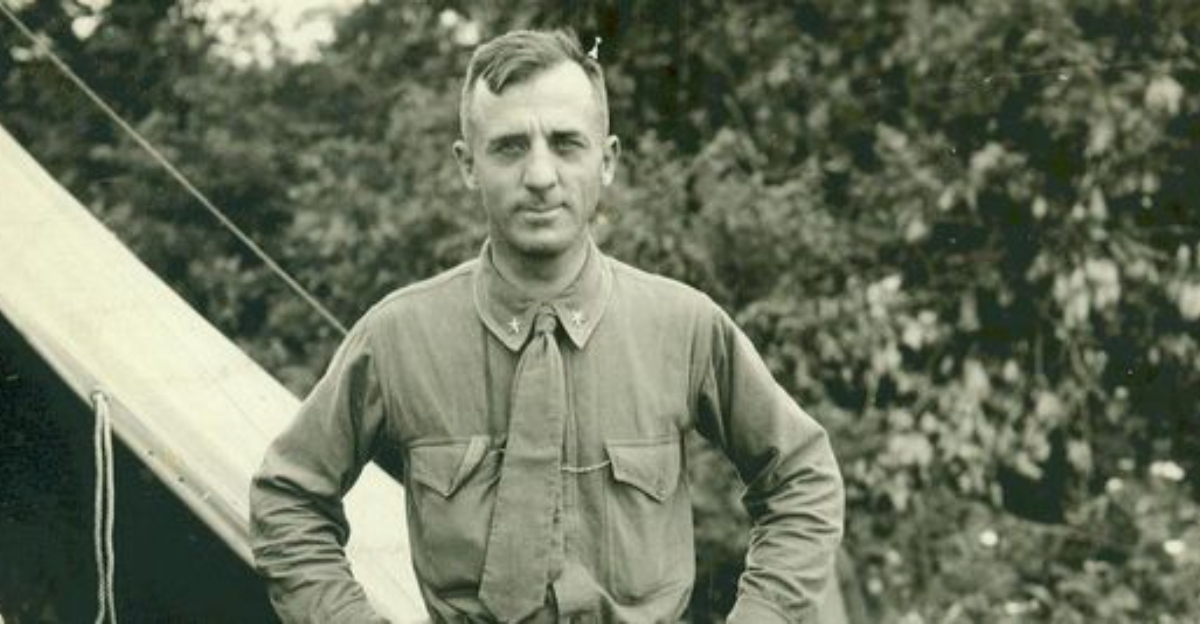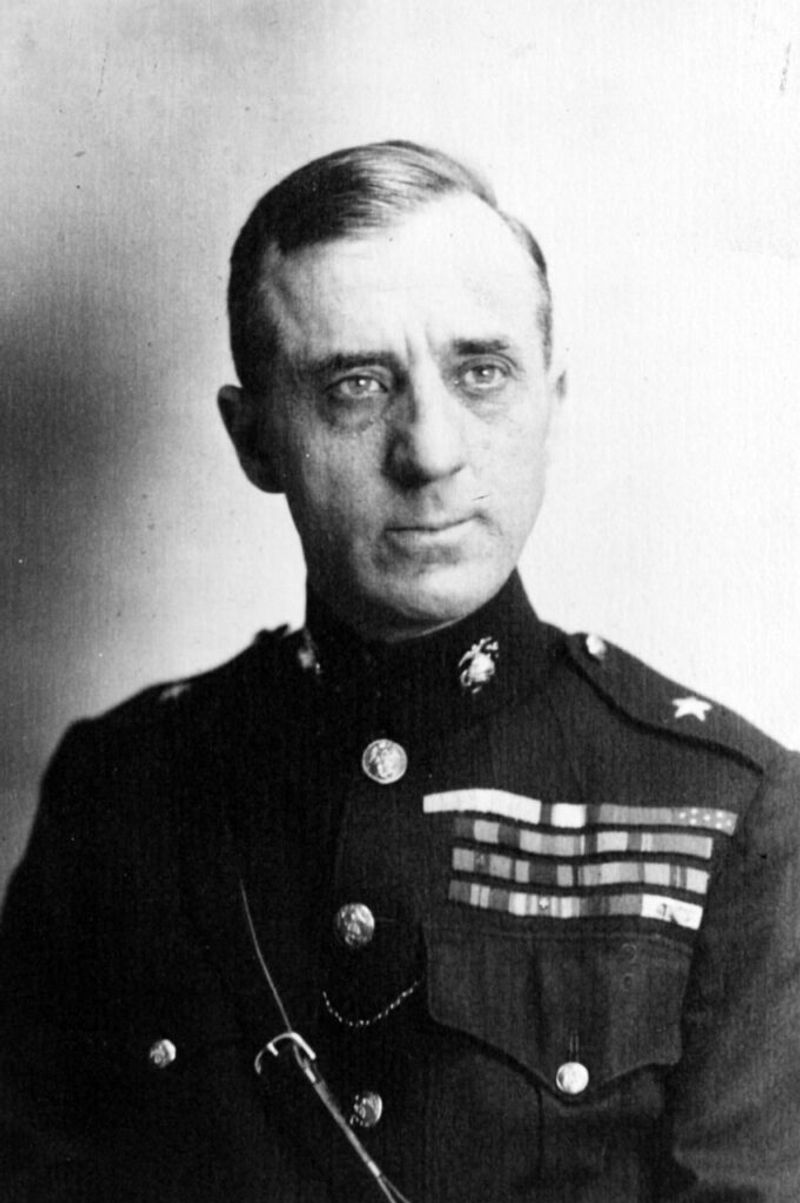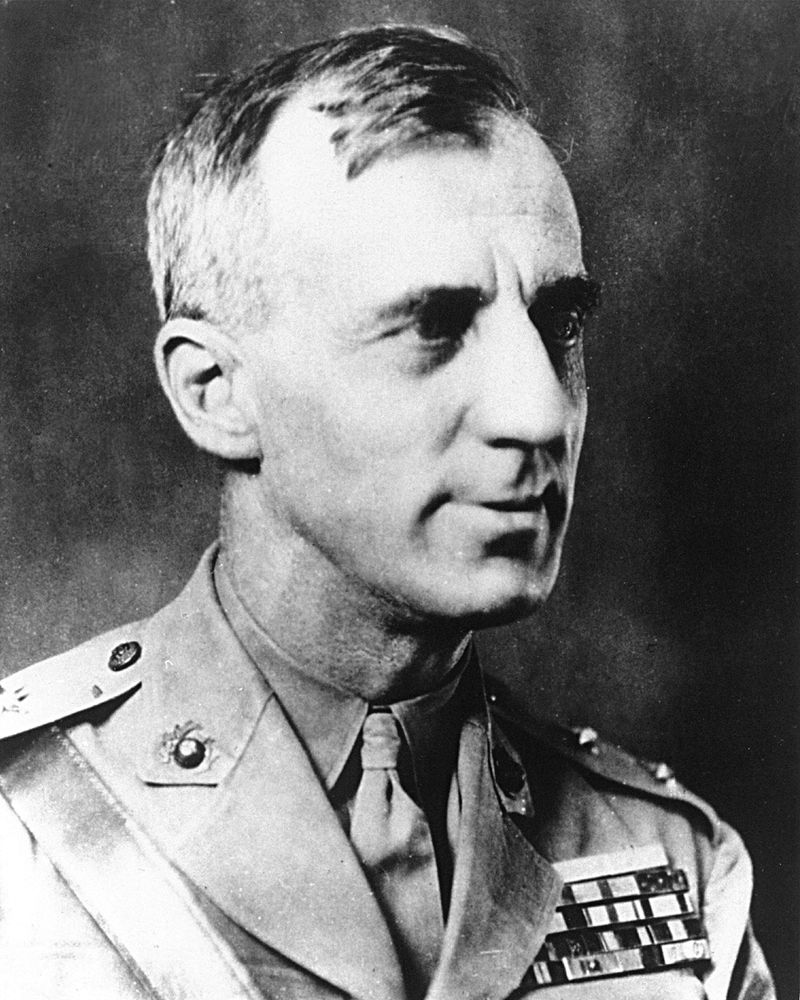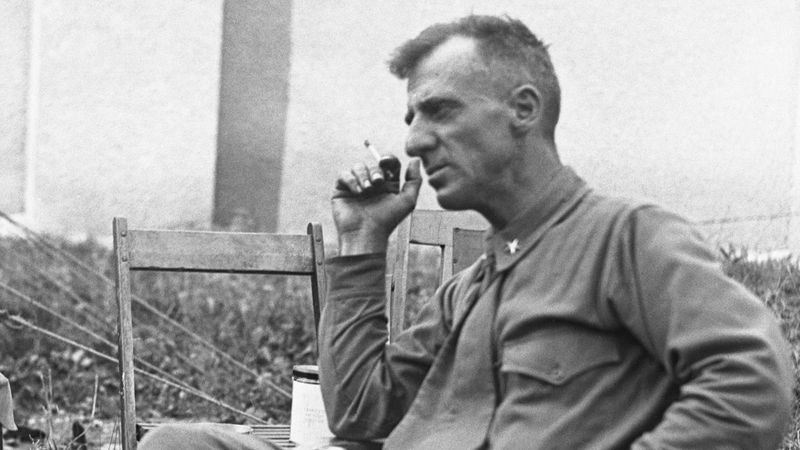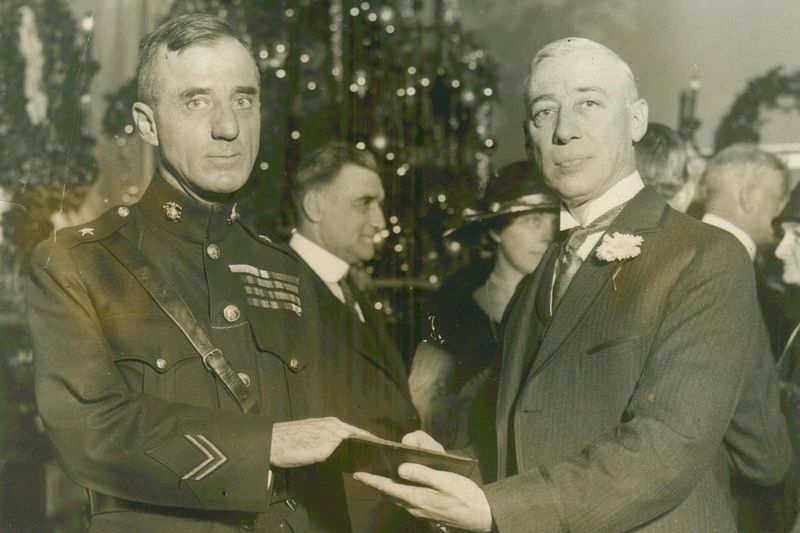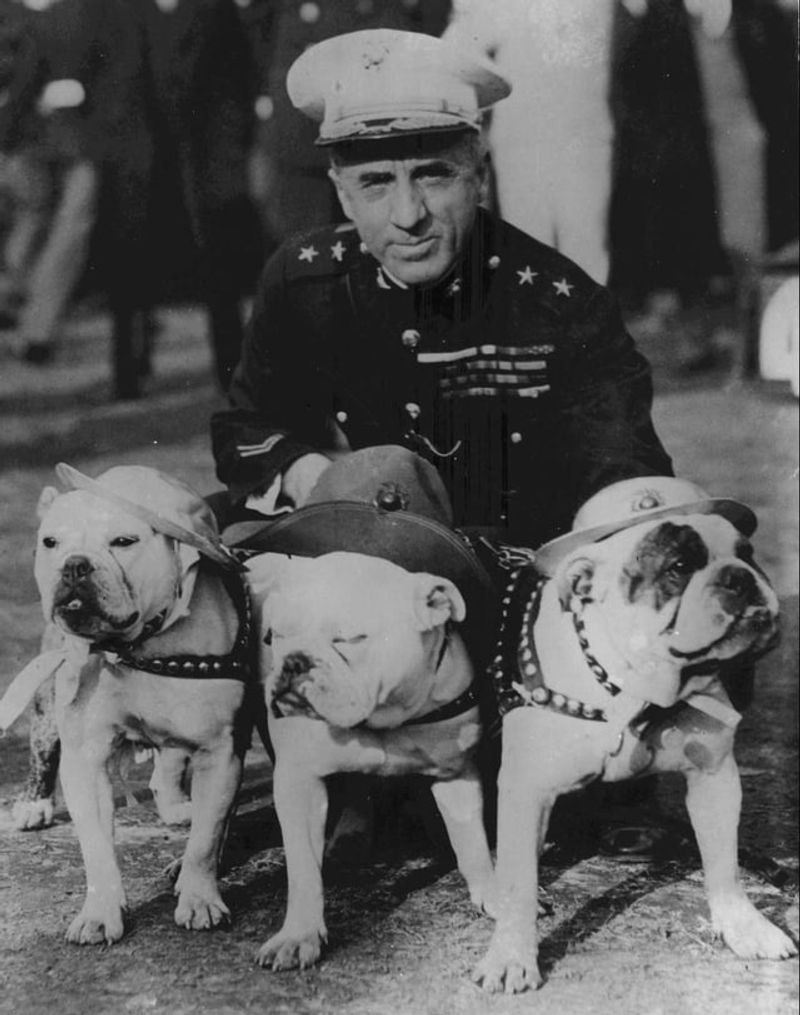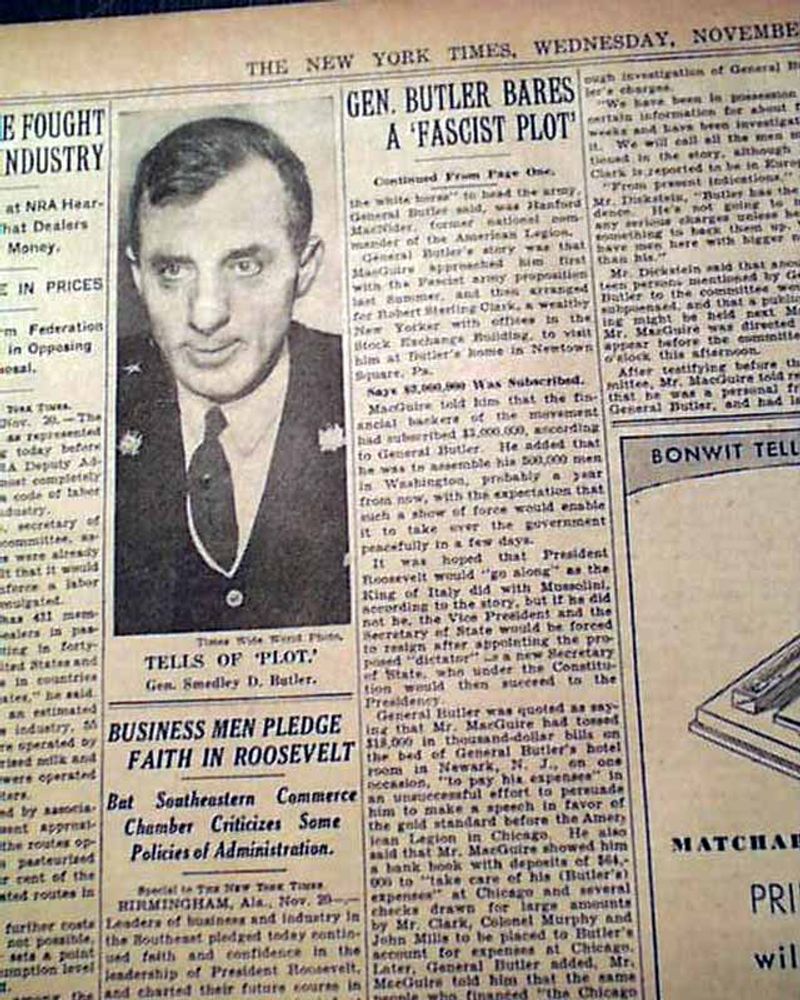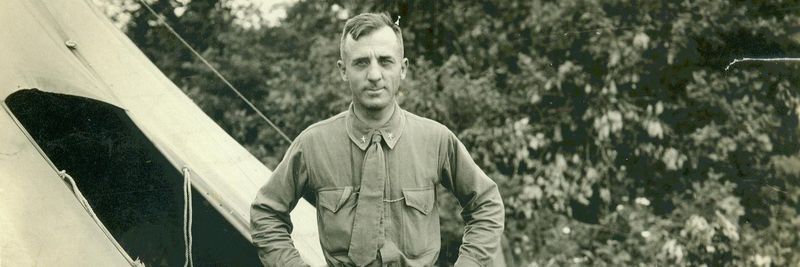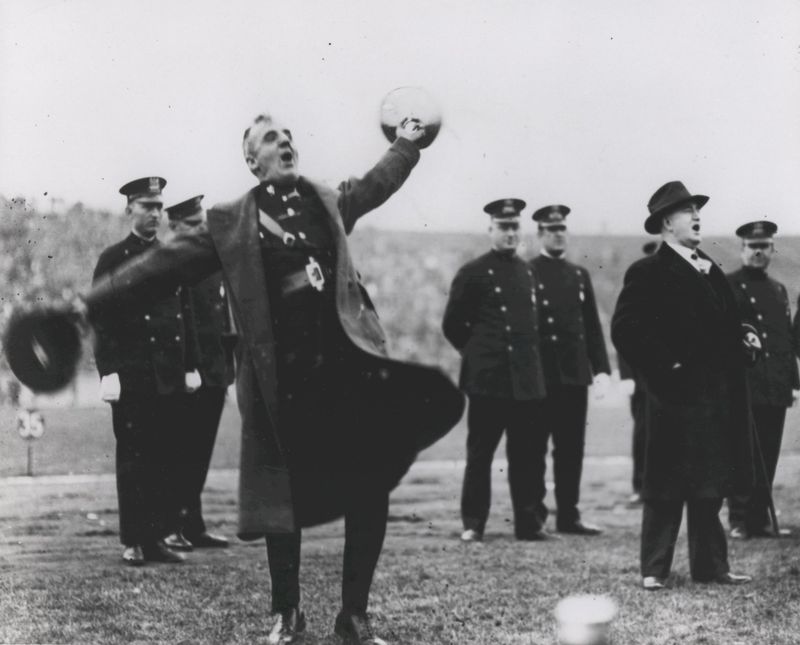He was one of America’s most decorated war heroes. Then he turned on the system that made him famous.
General Smedley Butler wasn’t just any military man—he was a two-time Medal of Honor recipient and a fearless patriot who served the United States for over three decades. But after he retired, he did something few in power dared: he told the truth about war.
His 1935 exposé War Is a Racket remains one of the boldest critiques ever made by a high-ranking military official. Nearly a century later, the secrets he exposed still haunt the halls of Washington—and they might just change how you see history.
1. War Is a Business—And Business Is Booming
General Smedley Butler, a decorated war hero, boldly declared war a profitable venture for corporations. He believed military actions were less about freedom and more about enriching powerful businesses. The military, he argued, acted as “musclemen for Big Business,” safeguarding investments overseas under national interest pretenses. This controversial stance reshaped how many viewed military motives.
Butler’s critique highlighted the complex relationship between military operations and corporate gains, urging future generations to scrutinize the true beneficiaries of war. His insights, though unsettling, paved the way for more transparency in military endeavors.
2. He Admitted to Being a Corporate Enforcer
In a candid reflection, Butler confessed to serving corporate interests rather than national defense. He listed his military deployments, revealing how they were aimed at securing U.S. financial stakes abroad. He acknowledged making Mexico safe for American oil interests and Honduras suitable for fruit companies. This confession was a shocking wake-up call.
His admissions transformed him from a war hero to a whistleblower, challenging the narrative of patriotic duty. By labeling these actions a “shakedown,” he underscored the need for ethical military engagement.
3. The Military-Industrial Complex Started Long Before Eisenhower
Smedley Butler foresaw the rise of the military-industrial complex, a term popularized by President Eisenhower years later. Butler warned of dangerous ties between arms manufacturers, financiers, and the government. He argued this unholy alliance would prioritize profits over national security.
His early warnings urged caution against the influence of defense contractors in policy-making. Butler’s foresight was a clarion call, echoing through history and underlining the importance of vigilance against corporate dominance in military affairs.
4. The Real Victims? The Taxpayer and the Soldier
Butler’s critique went beyond corporate profits to highlight the true cost of war on everyday Americans. He argued that while corporations reaped financial benefits, taxpayers and soldiers bore the brunt. High taxes, inflation, and the ultimate sacrifice of life were the hidden costs of these conflicts.
By emphasizing the disparity between corporate gains and human suffering, Butler’s insights challenged citizens to demand accountability. He sought to elevate the voices of those who paid the real price, pushing for a more equitable approach to military endeavors.
5. He Claimed War Could Be Prevented—Easily
Butler proposed a provocative idea: let only those who would fight vote for war. He suggested military forces should solely defend, not protect corporate assets abroad. This radical solution offered a path toward peace by placing decision-making power in the hands of potential combatants.
His proposal aimed to curb unnecessary conflicts and refocus military priorities on genuine defense. The notion sparked debates on democratic participation and military ethics, positioning Butler as a visionary seeking more peaceful resolutions.
6. He Exposed a Plot to Overthrow the U.S. Government
In an explosive revelation, Butler testified about a plot by wealthy businessmen to establish a fascist regime in the U.S. He was approached to lead this so-called “Business Plot,” which aimed to topple the government. Although initially dismissed, Congress later confirmed its credibility.
This shocking testimony highlighted the fragility of democracy and the lengths to which some would go for power. Butler’s bravery in exposing this scheme underscored his commitment to the nation, despite personal risks.
7. He Called for Transparency—Before It Was Trendy
Ahead of his time, Butler advocated for full audits of war contracts and profits. He demanded the public know who benefited from military actions, pushing for transparency and accountability. This call for openness went against the grain of secretive military practices of the time.
Butler’s push for public scrutiny aimed to prevent profiteering and promote ethical governance. His efforts inspired later movements toward transparency, reflecting his forward-thinking approach to military and governmental integrity.
8. His Warnings Are Still Echoing Today
Butler’s insights continue to resonate, echoing through contemporary debates on defense spending and military engagements. He warned of unchecked power and influence of private military companies and weapons manufacturers. His messages are eerily relevant today.
Butler’s legacy lives on as a reminder of the need for vigilance against profit-driven warfare. His critique of the “war racket” remains a critical lens through which to view ongoing military and political actions, inspiring truth-seekers and skeptics alike.
